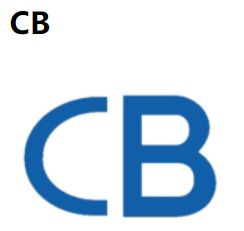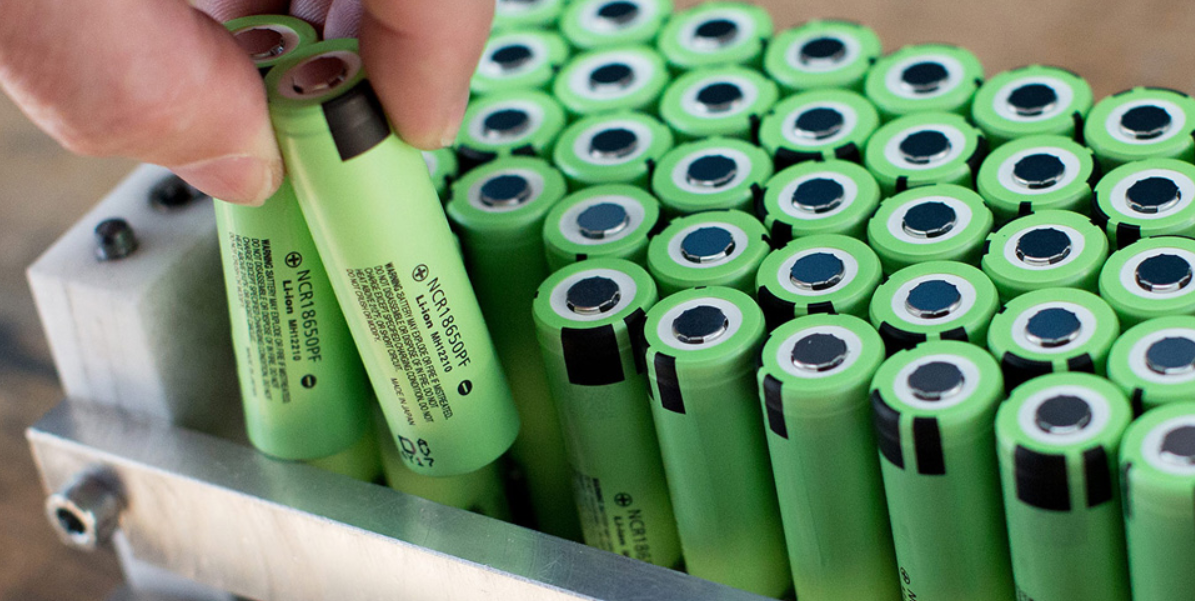In the electronic age, 3C products have gradually become indispensable and unavoidable objects in our daily lives. If the quality of lithium batteries in electronic products is not up to standard, it is easy to cause accidents such as explosions and leakage. In order to ensure everyone's life safety, battery certification is essential. And for markets in different countries, there are different restrictions and requirements. Today, let's take everyone together to understand.

1、 IEC certification
IEC is the abbreviation of the International Electrotechnical Commission. It is a worldwide standardization organization composed of various national electrotechnical committees, aiming to promote standardization in the field of electrical and electronic technology worldwide.
IEC certification is commonly referred to as CB certification. Among them, IEC 62133 is an extremely important international standard for lithium-ion batteries and also the basis for IECEE-CB certification.
At present, many countries have developed corresponding battery certification standards in accordance with IEC 62133 and their own national conditions, which have also become market entry criteria.
2、 UL certification
UL is the abbreviation for Underwriters' Laboratories in the United States. It is an authoritative graduate student in the United States and currently the largest private institution in the world engaged in safety testing and appraisal.
UL certification focuses on the detection and certification of battery safety performance.
The US market places great importance on product safety, and Amazon USA also mandates that some products must have UL certification. Consumers or purchasing units will choose products with UL certification marks when purchasing products.
3. UN38.3
UN38.3 refers to Article 38.3 of Part 3 of the United Nations Manual of Tests and Standards for the Transport of Dangerous Goods, specifically developed by the United Nations for the transportation of dangerous goods. In order to ensure the safety of air transportation and meet the transportation needs of customers for goods containing lithium batteries, in accordance with the relevant provisions of the International Air Transport Association's Dangerous Goods Regulations.
The scope of application of this standard almost covers the world. Any shipment involving air and sea transportation containing lithium batteries, whether it is small button batteries, batteries installed on equipment, or batteries packaged with equipment, must have UN38.3 certification.
4. KC certification
KC is a mandatory safety certification system for electronic and electrical equipment in Korea, implemented by the Korean Institute of Technical Standards (KATS) on January 1, 2009, in accordance with the Electrical Equipment Safety Management Law.
All products entering the Korean market need to comply with the Korean safety standard K standard (similar to the IEC standard), and when using the IEC standard, the requirements of Korea must be met. The differences can be found in the announcement in the IECEE CB system.
5. PSE certification
PSE certification is a mandatory safety certification in Japan, aimed at proving that the motor or electronic product has passed safety standards testing under the Japanese Electrical and Raw Material Safety Act or international IEC standards. The DENTORL Law of Japan stipulates that 498 products entering the Japanese market must pass safety certification.
6. RoHS and REACH
This certification is a preventive management regulation for battery products exported to the European Union, which was implemented in 2007. Daily use products produced in the EU or imported into the EU market must pass the registration, inspection, and approval of harmful chemical substance content. Once the specified content is exceeded, they cannot be sold in the EU market.

The above are several important export battery certifications. Faced with the endless emergence of electronic products and the continuous advancement of technology, the corresponding batteries are also becoming more and more diverse. As a high-end product, it is essential to develop various certification tests for batteries. I hope that through the above introduction, everyone has a clear path in the face of a wide range of battery products, and avoids using substandard products that do not meet certification requirements.